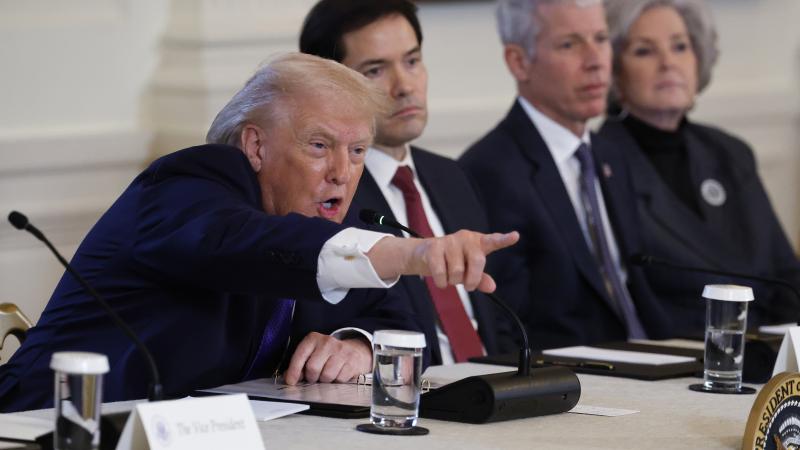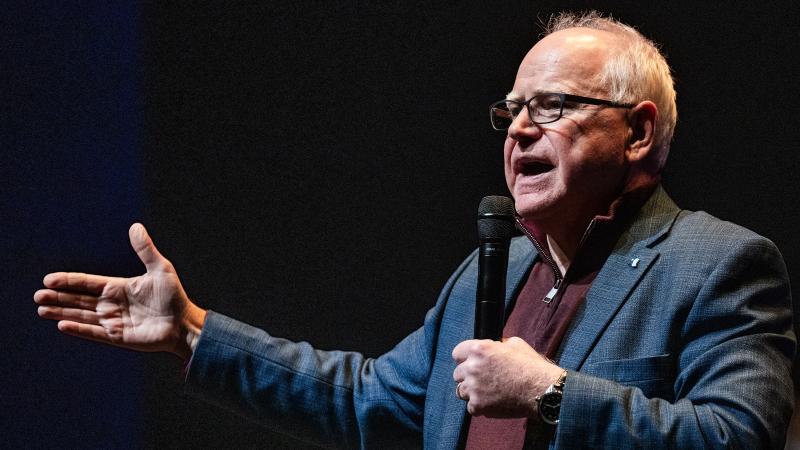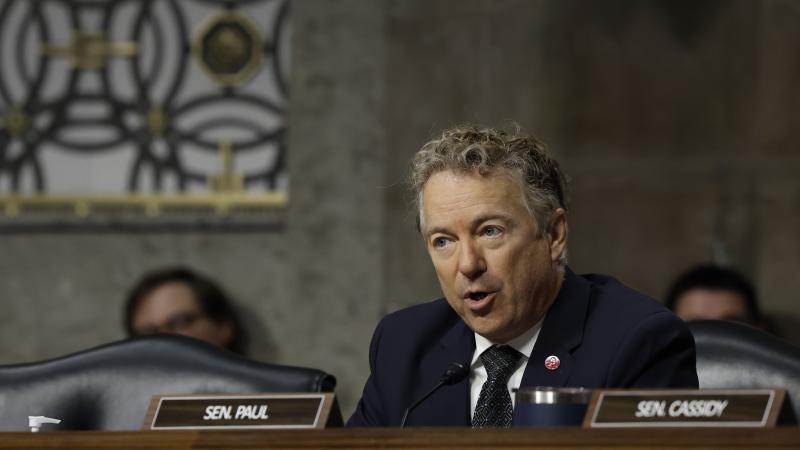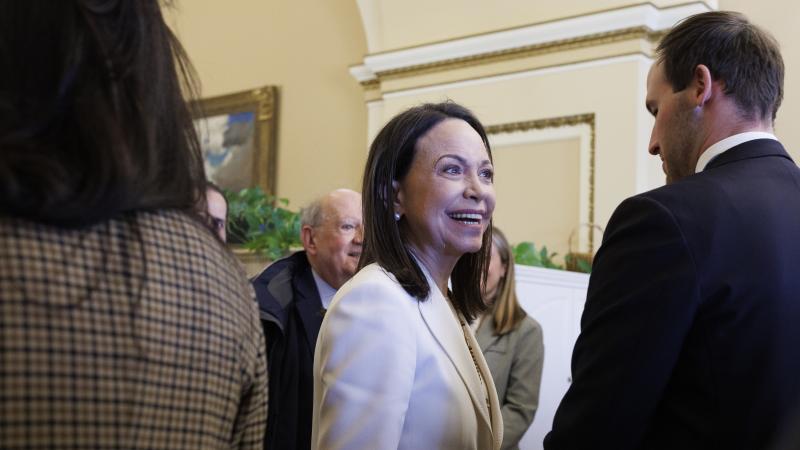Wisconsin nuclear power bills signed into law
The bills require a temporary board to plan and hold a Wisconsin Nuclear Power Summit and a nuclear siting study for identifying potential communities ideal for nuclear power generation, including both existing and new sites.
(The Center Square) -
Wisconsin Gov. Tony Evers signed into law bills that would require a nuclear power siting study for the state and the creation of nuclear power summit.
The bills require a temporary board to plan and hold a Wisconsin Nuclear Power Summit and a nuclear siting study for identifying potential communities ideal for nuclear power generation, including both existing and new sites.
The siting study is funded by $2 million that is currently in the Wisconsin budget, set to be taken up Wednesday by the Wisconsin Legislature.
“We can’t afford to choose between mitigating climate change and protecting our environment or creating good-paying jobs and building a strong economy, and by working toward clean energy options Wisconsinites can depend on in the future, we’re doing both,” Evers said in a statement. “We must continue our efforts to help lower energy costs and improve energy independence by reducing our reliance out-of-state energy sources, and these bills are an important step in the right direction.”
Funding for the summit would come through Wisconsin’s Economic Development Corp.
The bills came as Wisconsin’s future energy needs are heightened with the approval of large-scale data center projects in Pleasant Prairie, Beaver Dam and Port Washington that are each expected to use large amounts of energy.
Rep. David Steffen, R-Howard, said that a new Microsoft data center in Mount Pleasant would use the same amount of energy as the city of Madison and the Cloverleaf project in Port Washington would use the same amount of power as the entire city of Los Angeles.
That large amount of power used can lead to increased energy bills for residential customers with the average American’s energy bill expected to increase from 25% to 70% in the next 10 years without intervention from policymakers, according to Washington, D.C.-based think tank the Jack Kemp Foundation.
A new poll published on Wednesday showed that Americans do not want large data centers built in their communities and even less wanted those data centers if public incentives are involved.
In Wisconsin, lawmakers have pushed for a data center exception to state laws on property tax captures at the sites to lure the projects to the state.
"These data centers are so big and so valuable and such a prize for a community that (state laws capping TIFs) really creates a problem," said Sen. John Jagler, R-Watertown.















